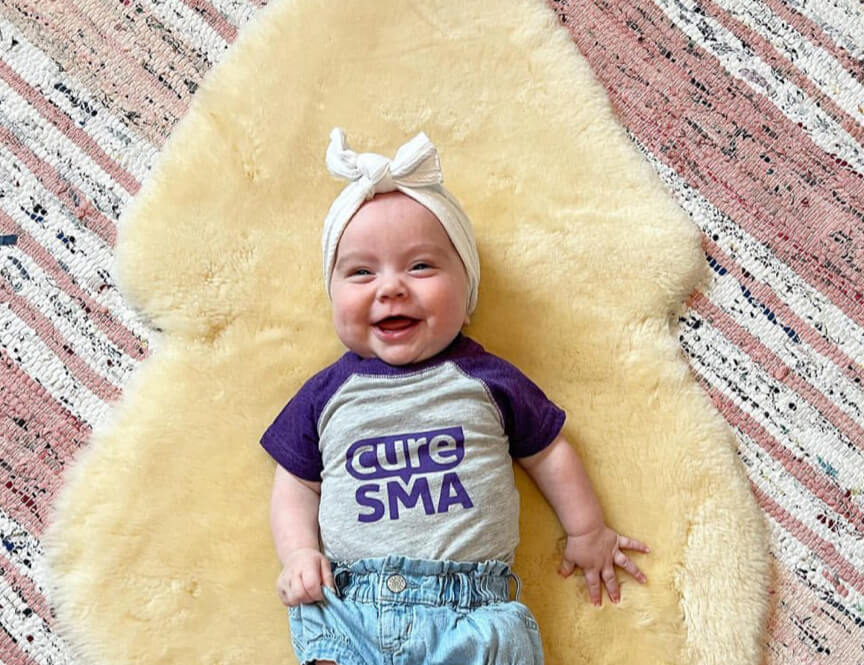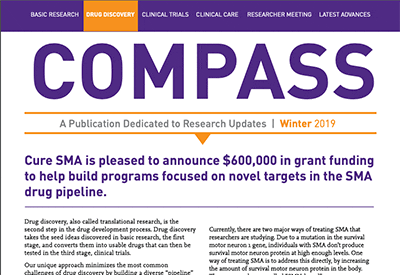Two Cure SMA-funded projects have recently been published. Diane Murrell and her team published the paper, “The Experience of Families With Children With Spinal Muscular Atrophy Type I Across Health Care Systems” in the Journal of Child Neurology. Deborah Boroughs’ paper, “An Evaluation of a Continuing Education Program for Families of Ventilator-Dependent Children with Spinal Muscular Atrophy (SMA)”, was published in Children.
Murrell’s study explored the family experience of caring for children with SMA type I across the breadth of healthcare settings. Nineteen families with 22 children affected with SMA (11 living, 11 deceased) participated in focus groups and small group interviews, answering open ended questions about their experiences in various healthcare settings. A team of researchers representing social work, psychology, nursing, and pediatric residents reviewed and coded the transcripts.
Three broad themes emerged – diagnosis, medical decision making, and acute care situations. Lack of clinicians’ familiarity with SMA type I increased stress for families attempting to advocate for their children, particularly in these areas. The method of delivery of the diagnosis impacted the families’ abilities to cope with the devastating news. Families identified the need for a singular point of contact for the multi-disciplinary team managing their child’s care and the importance of strong parent-expert relationships in medical decision making. In acute care situations, families described providers reacting to symptoms without considering the broader context of SMA. In all three spectrums, more education and family-oriented tools would positively affect family experiences.
Utilizing Cure SMA’s family support database, Boroughs and her team identified 11 families of ventilator-dependent children with SMA type I to receive further education on handling emergency situations. Through education in a simulation lab, allowing the caregivers to practice the recommended procedures, participants were able to increase confidence in their abilities respond effectively to emergencies.
The study conducted a 3-month post training skills assessment and 6-month post training phone survey. Four of the eleven children were hospitalized during the 6-month period following the training. However, the caregivers reported their ability to recognize warning signs and get the children to an emergency facility before the situations escalated. Though continuous education for caregivers of ventilator-dependent children would be a costly and complex endeavor, this study shows the improvements in confidence and ability to act to prevent emergency situations from escalating.
Our thanks to Diane Murrell and Deborah Boroughs for their work to further improve the lives of those affected by SMA.



